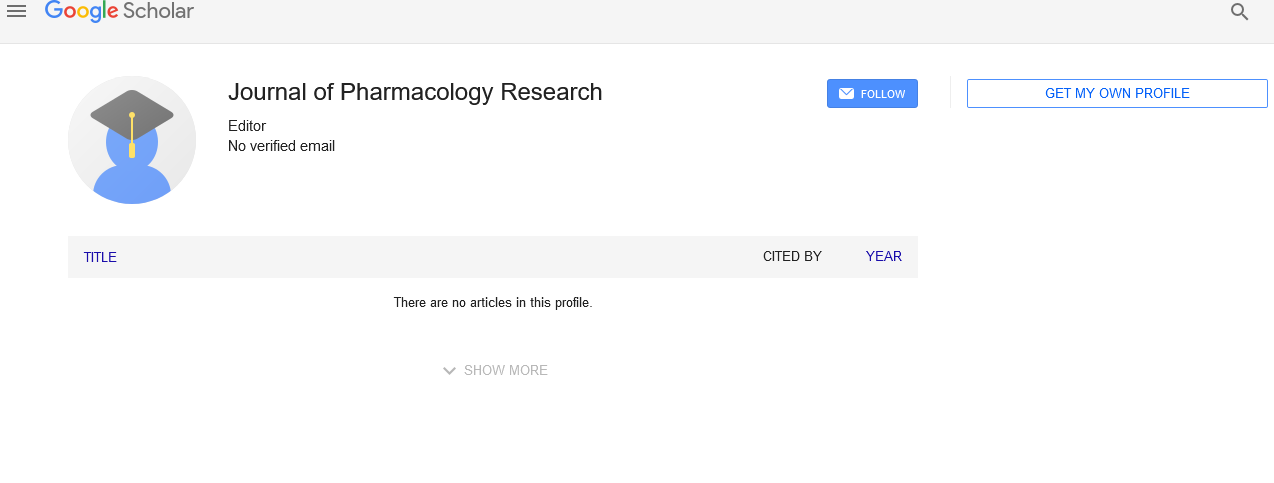
Sign up for email alert when new content gets added: Sign up
Abstract
Toxicity over world by snake, spider, honeybee
Author(s): Rodhey SergioToxicosis is a poisoning caused by venomous animals such as snake, scorpion, honeybee, spider, and wasp. Their poisons contain amino acids, peptides, proteins, enzymes, and metallic ions that are responsible for neurotoxicity, hemotoxicity, and myotoxicity. Because of in vivo therapeutic challenges posed by toxicosis, there is need for ideal therapeutic agents against envenomation caused by venomous animals. Findings have shown that toxicosis could be treated symptomatically. Antivenins could be used for treatment of poisoning caused by snake, scorpion, honeybee, spider, and wasp. The amount of antivenin is dependent on the quantity of venom injected into the affected individuals. Symptomatic treatments are also done according to the systems affected. Hospitalization is necessary for assessment of therapeutic success. The Middle East and North Africa collectively known as the MENA region is home to a wide variety of venomous animals that cause up to 20000 bites and stings each year. To understand the health burden and the key variables influencing it this review descries the epidemiology of snakes scorpions and spiders asked primarily on heterogeneous hospital data in the MENA region. And diseases associated with their venom. Furthermore we discuss the venom composition and major medically relevant poisons of these venomous animals and finally the antagonists currently used against them. In contrast to Asia and sub-Saharan Africa scorpion stings are significantly more frequent (about 350000 cases/year) than snakebites (about 70000 cases/year) and are the largest contributor to the health burden. Overall wellbeing from a spider bite.




